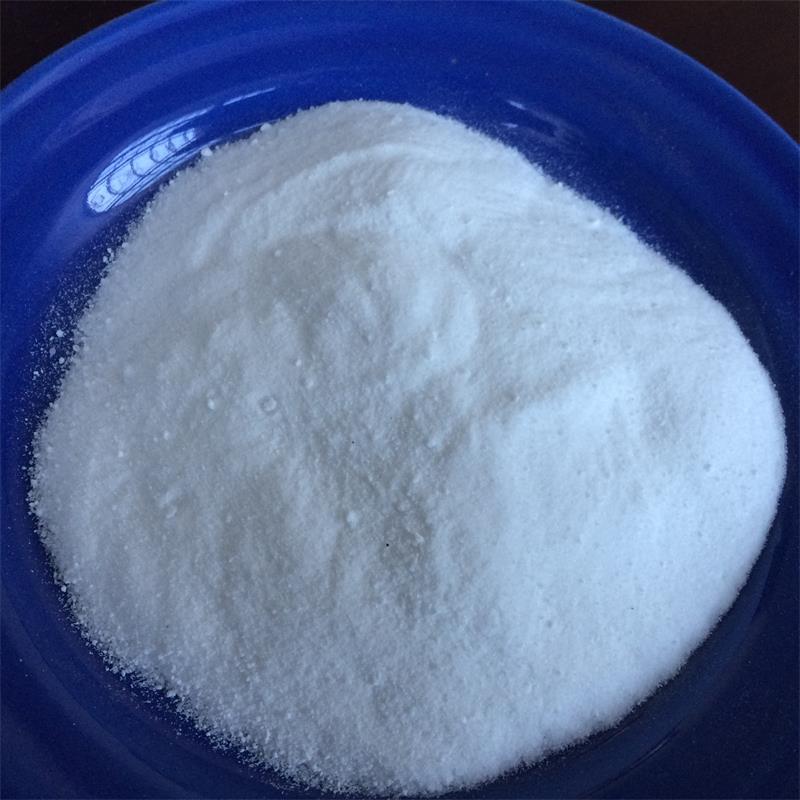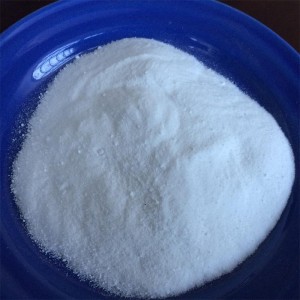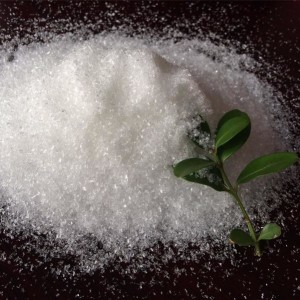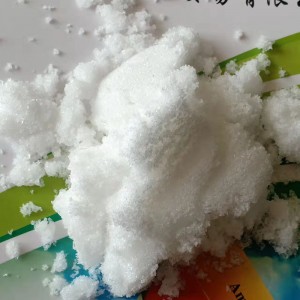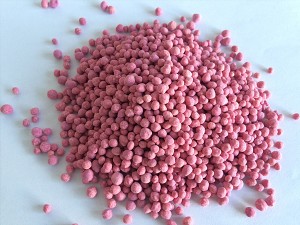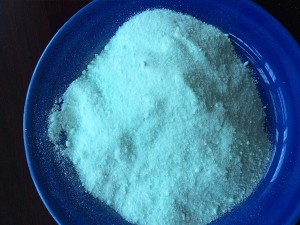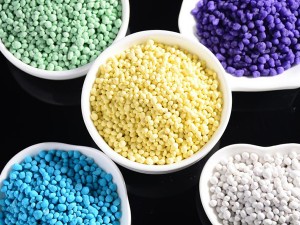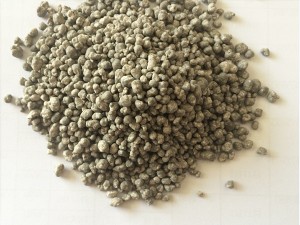
-
Mobile/WhatsApp: +86 13963329755
-
E-mail: ricksha@tifton.cn
- English
- French
- German
- Portuguese
- Spanish
- Russian
- Japanese
- Korean
- Arabic
- Irish
- Greek
- Turkish
- Italian
- Danish
- Romanian
- Indonesian
- Czech
- Afrikaans
- Swedish
- Polish
- Basque
- Catalan
- Esperanto
- Hindi
- Lao
- Albanian
- Amharic
- Armenian
- Azerbaijani
- Belarusian
- Bengali
- Bosnian
- Bulgarian
- Cebuano
- Chichewa
- Corsican
- Croatian
- Dutch
- Estonian
- Filipino
- Finnish
- Frisian
- Galician
- Georgian
- Gujarati
- Haitian
- Hausa
- Hawaiian
- Hebrew
- Hmong
- Hungarian
- Icelandic
- Igbo
- Javanese
- Kannada
- Kazakh
- Khmer
- Kurdish
- Kyrgyz
- Latin
- Latvian
- Lithuanian
- Luxembou..
- Macedonian
- Malagasy
- Malay
- Malayalam
- Maltese
- Maori
- Marathi
- Mongolian
- Burmese
- Nepali
- Norwegian
- Pashto
- Persian
- Punjabi
- Serbian
- Sesotho
- Sinhala
- Slovak
- Slovenian
- Somali
- Samoan
- Scots Gaelic
- Shona
- Sindhi
- Sundanese
- Swahili
- Tajik
- Tamil
- Telugu
- Thai
- Ukrainian
- Urdu
- Uzbek
- Vietnamese
- Welsh
- Xhosa
- Yiddish
- Yoruba
- Zulu
MANGANESE SULFATE
Manganese sulfate monohydrate is a reddish orthorhombic crystal with a relative density of 3.50 and a melting point of 700°C. It is easily soluble in water but insoluble in ethanol. It exists in the form of a variety of hydrates. 1 Manganese sulfate begins to decompose at 850°C. Due to different degrees of heating, it can release SO3, SO2 or oxygen, and the residue is manganese dioxide or trimanganese tetroxide. When the crystal hydrate of manganese sulfate is heated to 280℃, it can lose its crystal water and become anhydrous. 1 Manganese sulfate is a trace element required by crops that synthesize fatty acids, so manganese sulfate can be used as a fertilizer and applied to the soil to increase production. Adding manganese sulfate to animal feed has a fattening effect. Manganese sulfate is also a raw material and analytical reagent for the preparation of other manganese salts. Manganese sulfate is also used in industrial production such as electrolytic manganese, dyes, papermaking, and ceramics. 1Because of deliquescent, the scope of application is limited. Manganese sulfate is non-flammable and irritating. Inhalation, ingestion or transdermal absorption is harmful and has a stimulating effect. Long-term inhalation of the product dust can cause chronic manganese poisoning. The early stage is mainly neurasthenia syndrome and neurological dysfunction, and the late stage tremor paralysis syndrome. It is harmful to the environment and can cause pollution to water bodies. In addition, manganese sulfate has various hydrates such as manganese sulfate monohydrate and manganese sulfate tetrahydrate.
